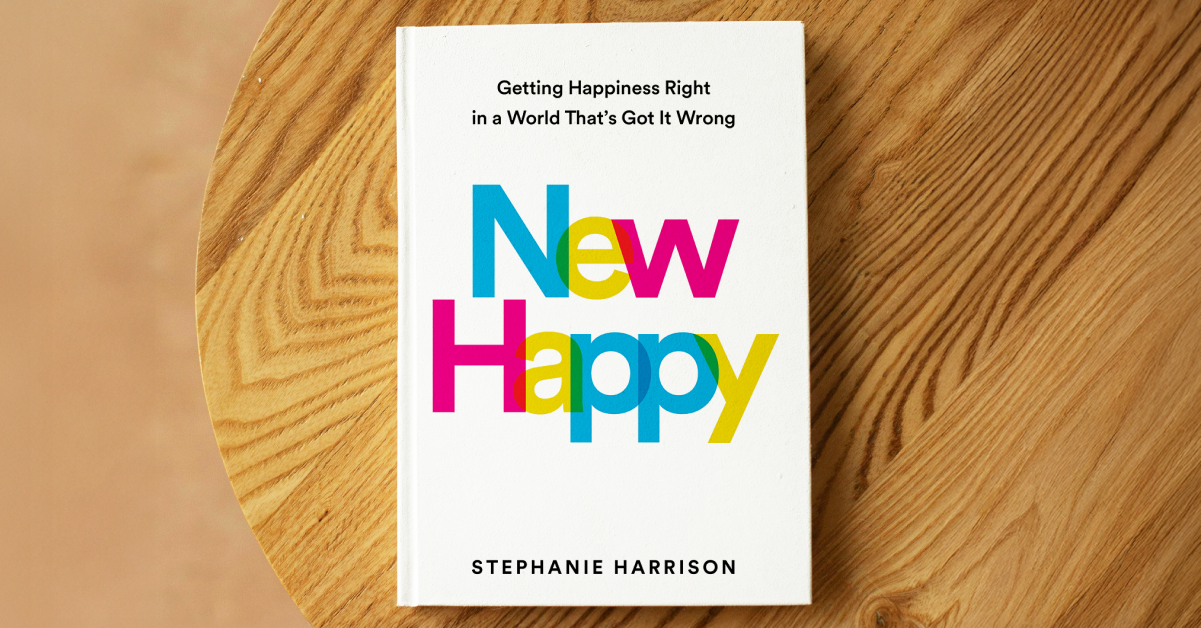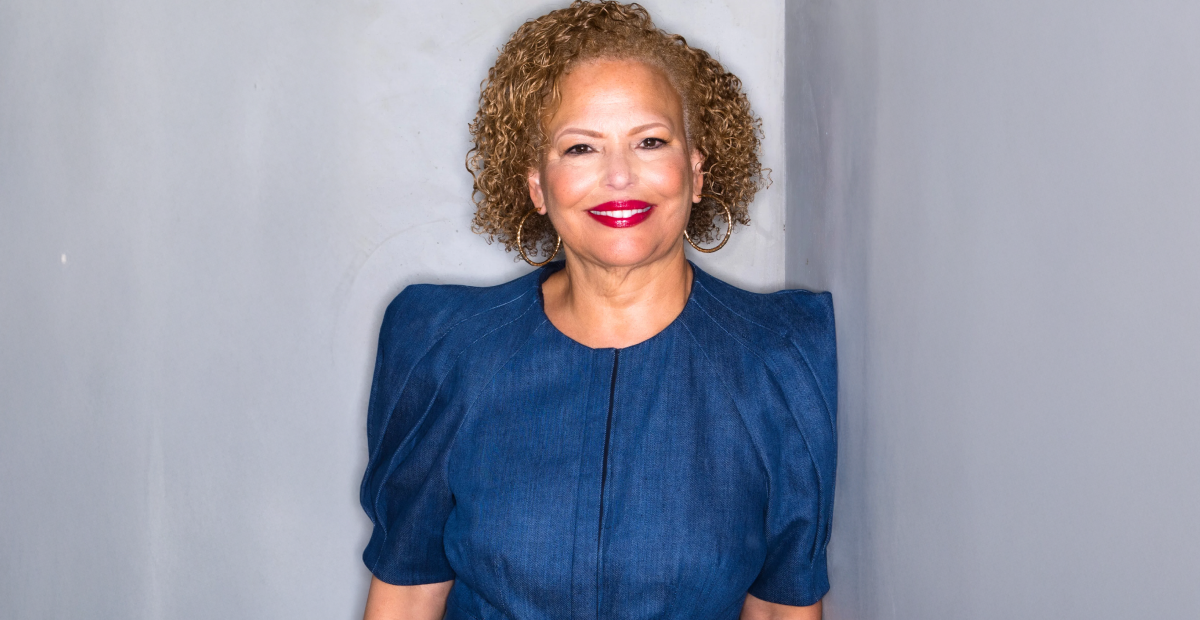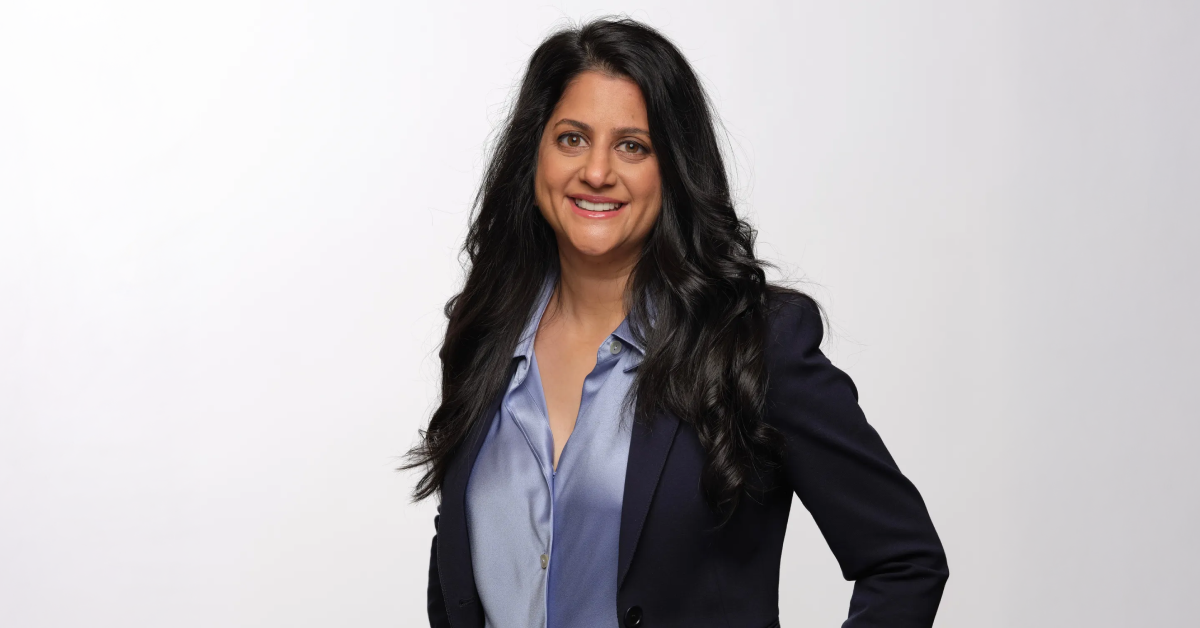Happiness is a feeling that we all want to experience, but the reality is that less than half of Americans feel “very satisfied” with their lives, according to recent data from Gallup.
For many, this lack of satisfaction has led to anxiety, depression, and other mental health challenges that impact how we show up inside and outside of work. In her latest book, “New Happy: Getting Happiness Right in a World That’s Got It Wrong,” well-being expert Stephanie Harrison draws on years of research to debunk society’s false definition of happy, which she refers to as “Old Happy.” According to Harrison, society has forced many of us to believe that happiness will be achieved once we get a certain job title, reach a certain financial status, or gain a certain level of recognition. But the truth is, happiness doesn’t come from an external goal that makes us feel as though we aren’t good enough until we achieve something, true happiness comes from recognizing that we are enough as we are and that we already possess the unique gifts and skills needed to make us feel satisfied.
In the below excerpt, Harrison explains how we can free ourselves from “old happy” thoughts and mindsets in order to live more fulfilling lives. — Courtney Connley
A few years ago, scientists identified a strange phenomenon: it seemed that Americans who were aggressively pursuing happiness ended up unhappier than ever. What was going on?
It turns out that it was the way that they defined happiness that was leading to their increased depression, anxiety, and dissatisfaction. They had an Old Happy worldview. They had been led to believe that happiness would come from focusing more and more on the self, rather than on nurturing their relationships with others and using their gifts to help them.
This is exactly what happened to me. For the longest time, I thought that I was broken. I eventually learned that wasn’t true. It was my compass that was broken — my worldview had been fundamentally disrupted, and it was leading me astray.
In real life, when compasses are exposed to powerful magnetic fields, the compass’s needle can become depolarized and point in the opposite direction. Scientists have even discovered that if you put a magnet on a bird’s head, that new magnetic force disrupts the bird’s ability to navigate its migratory routes.
That magnetic force is what we’re taught about happiness. It inevitably sends us, like those birds in the study, flying in the wrong direction. For no matter how loudly or frequently these societal forces proclaim it, there is no lasting joy to be found in isolation, acquisition, or superiority.
Old Happy reminds me a bit of a story I heard from a friend of mine named James. Every Christmas when he was a kid, his mom would make a special pudding. His favorite. One year, he tiptoed into the kitchen to sneak a bite before dinner. Opening the fridge door, he spotted a bowl on a high shelf covered with a dishcloth. He stretched his arm up and slid a spoon beneath the cloth, digging in to scoop up a giant bite. Suddenly, he heard footsteps approaching the kitchen. Not wanting to get caught, he shoved the full spoon into his mouth. But it wasn’t pudding. It was lard.
That’s what Old Happy is like: expecting a delicious dessert and getting a disgusting, greasy, tasteless blob of lard instead.
Haven’t we all had this experience? Haven’t we all felt the hollowness of this life we’ve decided that we’re okay with, even though it’s hurting us, our communities, and the planet? Aren’t we tired of living this way?
Finding Freedom From the Old Happy Mentality
One of the barriers to eliminating Old Happy has been that we haven’t had a name for it. Now, we do.
I hear it every single day: people feel a profound sense of confusion, sadness, and helplessness about the way that we are living. But without the language to describe it, it’s just our normal.
In that gap, it’s easy to jump to a default assumption: “There’s something wrong with me.” Old Happy wants you to think that! That belief will compel you to strive harder to conform, achieve, and isolate.
There is nothing wrong with you. What’s wrong is our shared definition of happiness and how it is reinforced in our culture.
The philosopher Ludwig Wittgenstein wrote, “The limits of my language are the limits of my world.” Just like the older fish shook the worlds of the younger fish by introducing the word water, we can shake our own worlds by naming the Old Happy worldview that we have taken for granted as the truth.
Here’s how you do it: When you see an example of Old Happy, say, “Wow, that’s so Old Happy.”
- When you look in the mirror and hear that voice in your head criticizing your appearance, say: “That’s Old Happy’s voice, not mine.”
- When you feel pressure to work more and more, say: “That’s Old Happy trying to control me.”
- When you feel that you can’t ask for help, say: “That’s Old Happy, lying to me that I’m all on my own.”
- When you scroll social media and see people boasting about their cars and handbags, say: “I feel for them. They must be feeling pretty trapped by Old Happy.”
- When you see a professor or a manager celebrating the person working the latest nights, say: “They’re encouraging Old Happy behaviors.”
- When you see a government implementing a policy that dominates others, say: “That is contributing to Old Happy culture.”
Use the name to realize that you are not Old Happy. You are someone who has been affected by Old Happy. This will make it so much easier for you to accept and love yourself, pursue what matters to you, and build meaningful relationships with other people.
Just because we grew up with this worldview doesn’t mean we need to live with it for the rest of our lives. Starting today, you can name Old Happy for what it is, and in the process, begin to free yourself from it.
Excerpted from New Happy: Getting Happiness Right in a World That's Got It Wrong by Stephanie Harrison with permission of TarcherPerigee, an imprint of Penguin Publishing Group, a division of Penguin Random House LLC. Copyright © Stephanie Harrison, 2024.



